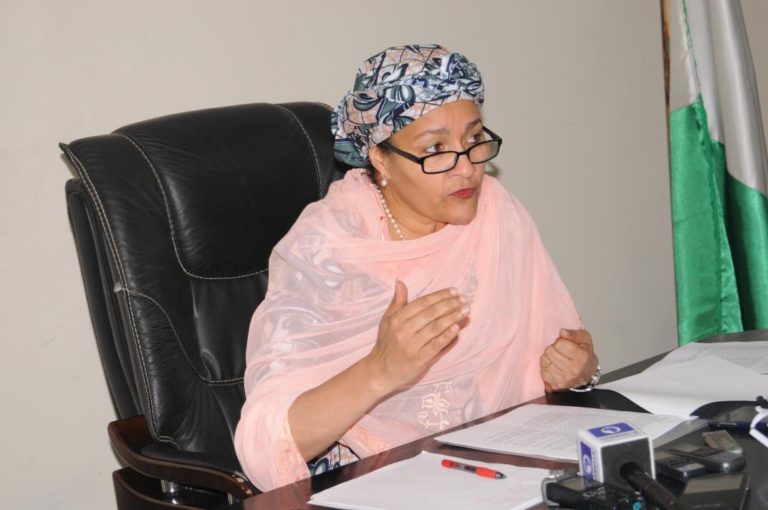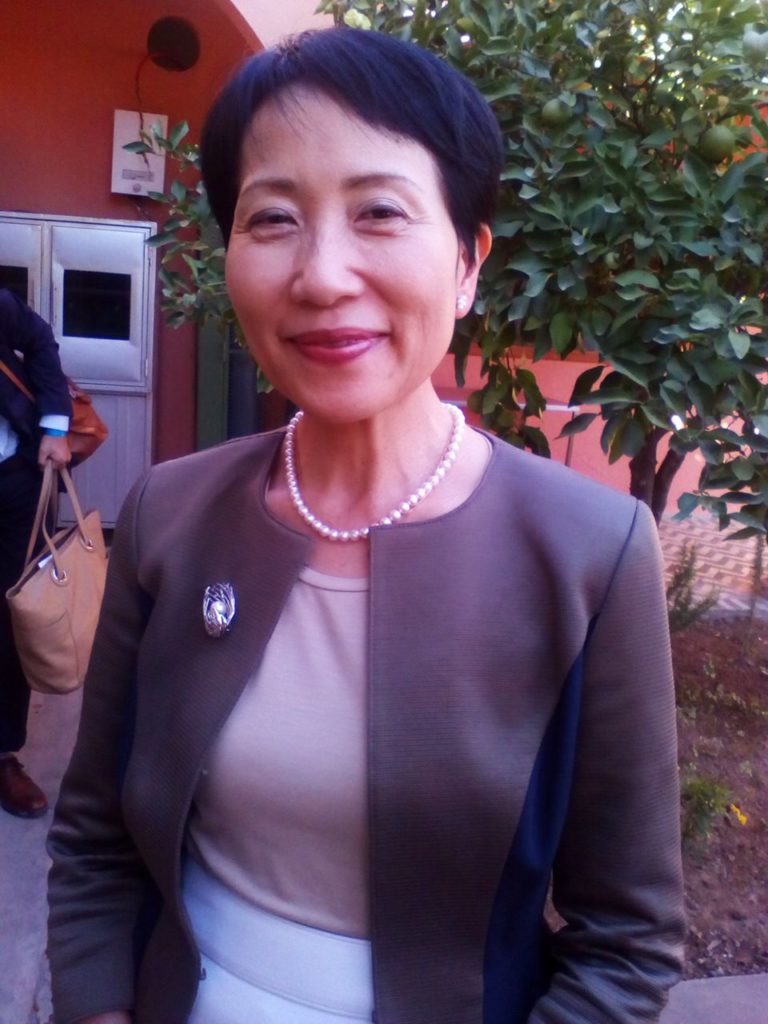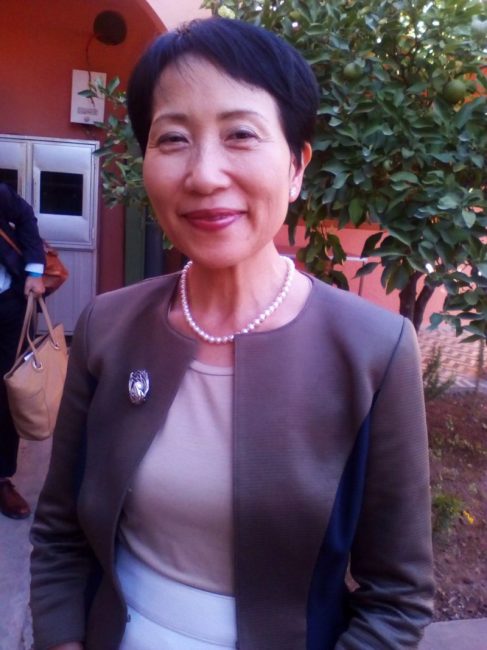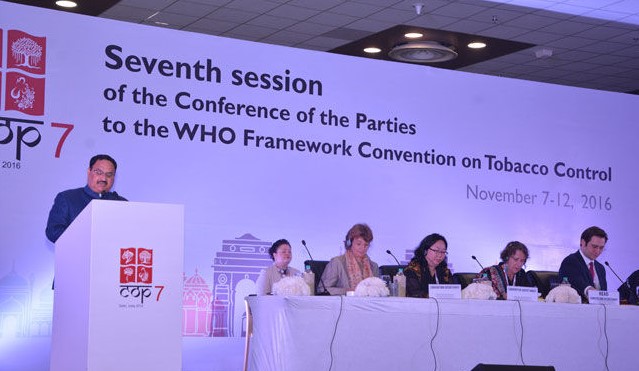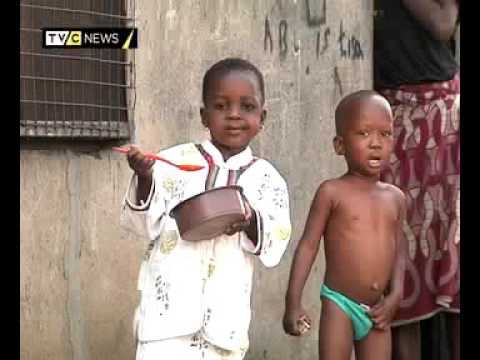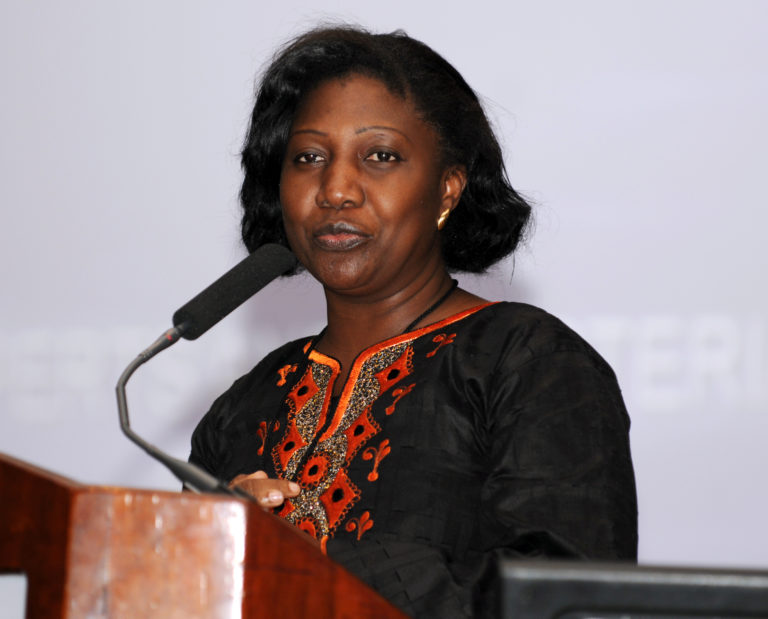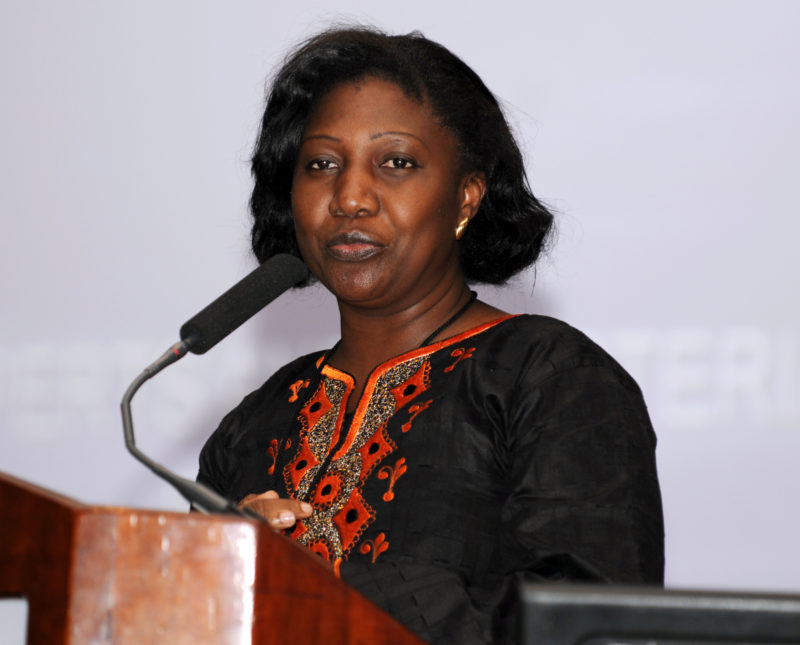More reactions have trailed the shock emergence of businessman and Republican candidate Donald Trump as the President-elect of the United States of America, who defeated Democrat, Hillary Clinton.
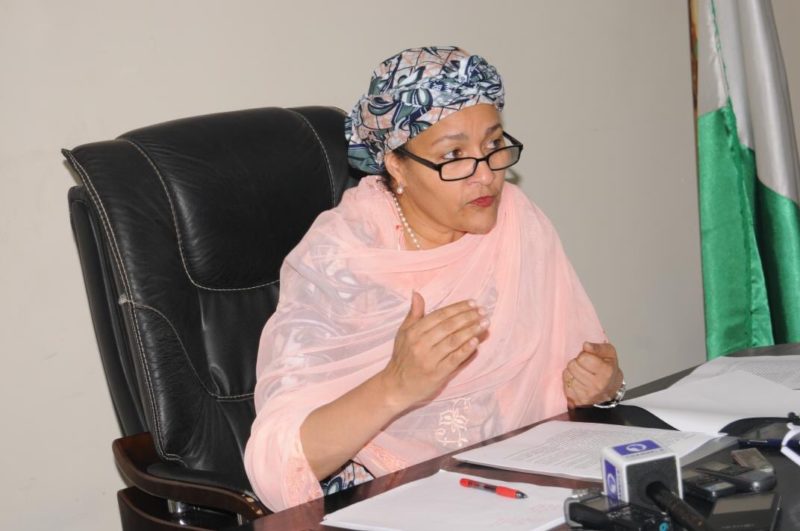
Experts have expressed views bordering on the fact that a Trump presidency could portend great danger to the widely-accepted Paris climate change agreement, which commits all Parties to limit global temperature at 1.5 C in order to significantly reduce risks and impacts of climate change.
However, several commentators have expressed fears that the emergency of Donald Trump as the President-elect of the US could scuttle the climate change deal. Mr. Trump has never hidden his disdain for issues related to climate change, which he described during one of his campaigns as a “hoax”.
Addressing journalists on Friday in Abuja on Nigeria’s participation at the UN climate change talks (COP22) holding in Marrakech, Morocco, the Minister of Environment, Mrs. Amina Mohammed, expressed similar concerns about Trump’s position on the phenomenon.
She said the earlier he (Trump) understood that those things he said during the campaigns had no basis in reality, the better for the US and also for the global community.
According to the minister, so many evidences abound across the world to convince anyone that climate change is real.
She said, “We congratulate the American people for their process with democracy. That has really tested them. We are looking to see exactly what it is President-elect, Donald Trump, is going to do in reality.
“In his election campaign, he said a number of things that gave grave concern to governments around the world. You cannot say that climate change is not real today. Science has proven it, so also has the extent of human suffering and attendant loss of lives and valuable property, given credence to it.
“We can make those connections. This agreement has gone very far, we want US to be part of this because they will benefit as well as us. Our job, when we go to COP this time, is to sit with the delegation and make sure they know the importance of transitioning to the President-elect with clear indications of how important it is to remain at the table with their commitments.”
Mohammed, however, said if the US refused to be persuaded, the world would not wait, saying that “it will not have effect if they don’t go the way they are supposed to go.”
She added, “I hope his rhetoric that we had in the campaign is where he begins to change and he faces realities and knows that much of it cannot be sustained in the reality of today. We are concerned, but we believe we can make him see the light.”
The minister also confirmed that President Mohammadu Buhari, who is leading the delegation from Nigeria to Marrakech, would fulfil his promise by ratifying the climate change agreement during the meeting.
According to her, those who will accompany the President on the trip include: ministers holding related ministries, members of the National Assembly, governors, a team of national negotiators, CSOs, states and the private sectors.
In a related development, environmentalist and climate change negotiator, Prince Lekan fadina, stated that the issue of climate change being a global concern is reflected in the historic acceptance of the Paris Agreement.
His words: “It’s not child’s play to say it is one of the greatest challenge of this generation. It is on record that never in the history of global diplomacy has a treaty been ratified and accepted by the whole world within one year. It shows how important, serious and the need to face its challenges. I honestly believe that there is a wide difference between politicking and governance and this point was underscored by the US President-elect when he said in his acceptance speech that he will be President of all Americans. l believe we should hold him to that statement because he has a responsibility to ensure and sustain the livelihood of the people who live in a world that is threatened by climate change and its attendant consequences.
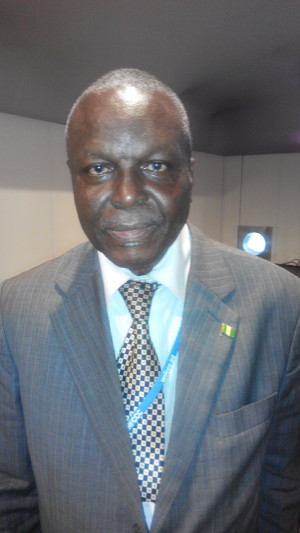
“It must be stressed that countries negotiated, signed and ratified the climate change issue after extensive discussion, realignment of views and other diplomatic ways of addressing a topic of concern to the world. As a participant and negotiator for many years on climate change, one can say that the Americans not only participated in the COP sessions but provided leadership to ensure that we get to where we are today. It is necessary therefore to guide, inform and educate the American President-elect as to where we are coming from, where we are and the next steps to ensure the success of the Agreement and survival of humanity.
“After all, we are all ‘Trustees’ and we must ensure the future of the generations after us including the children and grand-children of the President-elect. The message from the President of COP22 to Trump was timely and to the point. We must follow this path and ensure that he not only supports and acknowledges all the efforts of the American leadership and other world leaders who have played and continue to play significant roles. ln this regard, he must not only strive to make the world a safer and better place, but use his wide experience as a businessman to champion and drive the process the same way he was able to drive the movement of change that propelled him to the corridors of power.
“I will appeal that we all keep hope alive and, through all available means, get to Trump to share our vision and be an active partner in the process.”

